HotSpots H2O: Proposed Dams Strain Water Politics in Iraq

Dohuk dam rises behind the city of Dohuk, in the Kurdistan region of Iraq. Dohuk sits near the Tigris River. © Claus Weinberg
A proposal by Kurdistan officials to build dozens of dams as a response to water insecurity has caused concern in Iraq, reported DW. The dams could increase water shortages and lead to environmental degradation downstream in the vulnerable Mesopotamian marshes, critics argue.
The Kurdistan Regional Government, which is in charge of this autonomous corner of northeastern Iraq, has proposed 245 dams since 2014. Of these, 35 have been prioritized and 14 are under construction. The dams will complement 17 existing structures and be used for drinking water, farming, and tourism in the region.
The dams would trap water coming from tributaries of the Tigris River, one of two large rivers in Iraq. Along with the Euphrates, the Tigris flows south from Turkey. The two rivers, which provide most of the country’s water supply, then drain into the Mesopotamian marshes in southern Iraq, a wetland system that Saddam Hussein once drained, before emptying into the Persian Gulf.
The dam proposals come as Iraq faces severe water insecurity. The Kurdistan region depends on the water from major tributaries of the Tigris, the Sirwan and Little Zab. Both rivers have been in jeopardy the last few years as Iran, located upstream, continues to reduce the flow of water into the Kurdistan region for its own use. Iran has constructed 16 dams on the Sirwan alone, threatening the water supply for a major dam in Kurdistan that is now six meters lower than last year.
These same cross-border rivalries plague Iraq’s major rivers. The Euphrates and Tigris have been reduced by nearly 40 percent since the 1970s. This is due to both Turkey, which has significantly dammed the rivers upstream for years, and to rising temperatures and drought caused by climate change.
Just as the dam proposals aim to secure water for Iraqi Kurdistan, the dams could also further endanger water security elsewhere in Iraq. The country is the final stop for both rivers and southern Iraq is at the end of the pipe. Agriculture and irrigation account for 85 percent of the country’s water use. According to the Internal Displacement Monitoring Center, more than 15,000 people have migrated due to water shortages and non-potable water since 2019.
Most affected is the southern city of Basra, where people cannot drink the water due to saline intrusion from the Persian Gulf and waste from insufficient treatment plants, according to the Human Rights Watch. Over 100,000 people in Basra were hospitalized in 2018 due to health issues related to water quality.
There are also costs to the vibrant and vital ecosystem, known in history books as the fertile crescent. The Mesopotamian marshes are home to numerous bird and animal species as well as the Maʻdān Shi’i marsh dwellers. Only 7 percent of the wetlands remain due to a massive drainage operation by the Iraqi government in 2000. Building more dams threatens an ecological revival, environmental groups say. Dams will cut off water flows at a time when more water is needed for the marshes.
Elena Bruess writes on the intersection of environment, health, and human rights for Circle of Blue and covers international conflict and water for Circle of Blue’s HotSpots H2O.

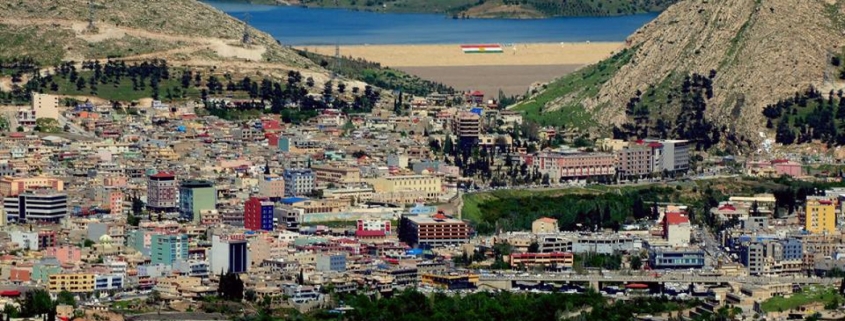


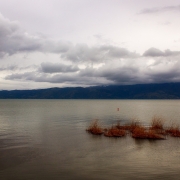

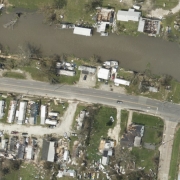
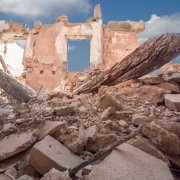
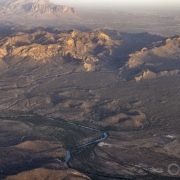 © J. Carl Ganter / Circle of Blue
© J. Carl Ganter / Circle of Blue 


Leave a Reply
Want to join the discussion?Feel free to contribute!